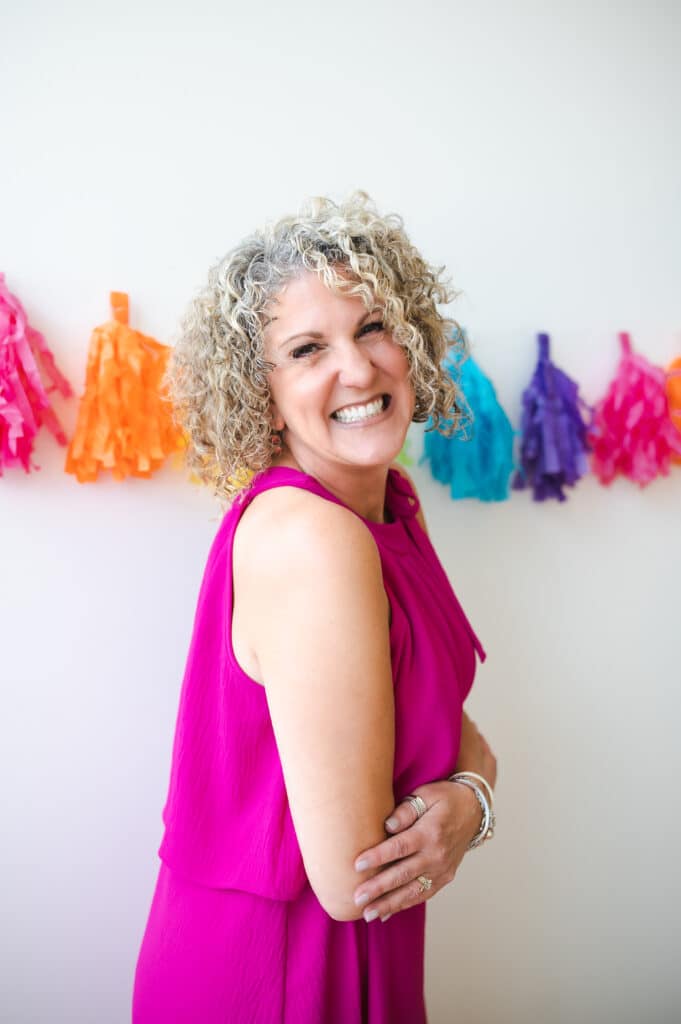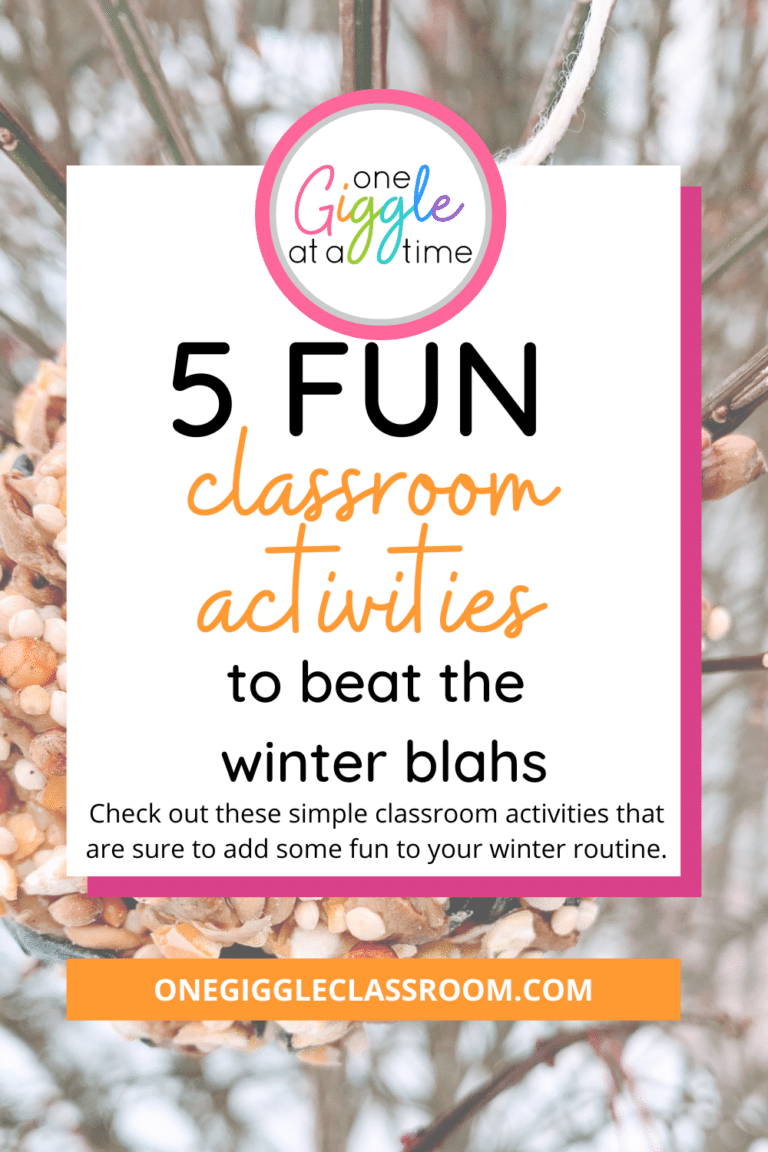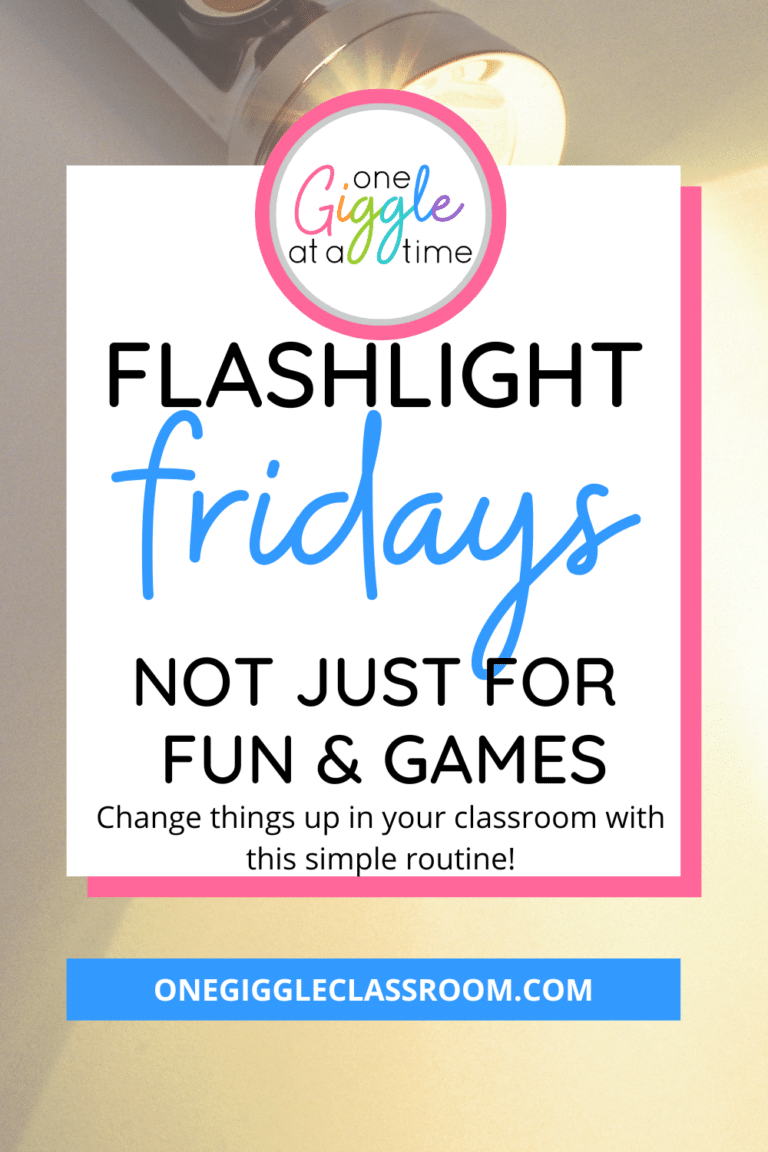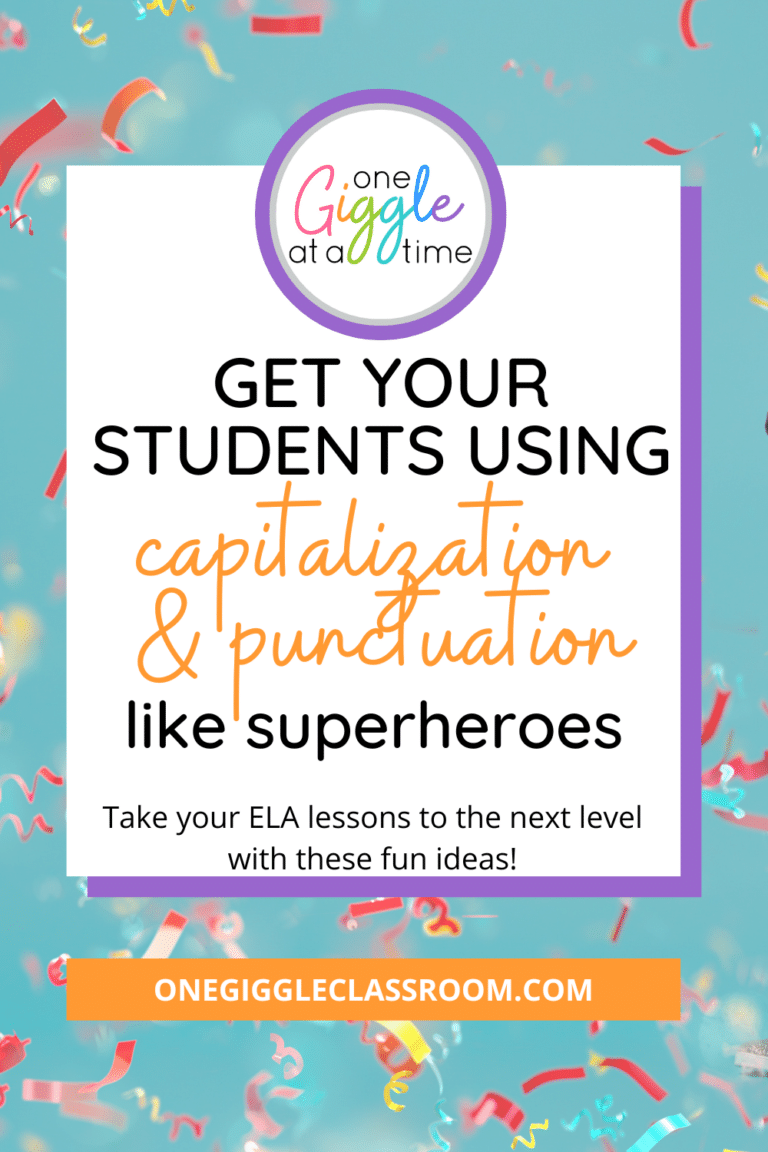
6 ENGAGING Activities to Build Strong Vocabulary in Elementary-Aged Students
Share This:

As teachers, one of the best ways you can help your students have a fulfilling school year and years beyond is to help them build a strong vocabulary. Read on to learn more about what research says, ways to naturally enhance vocabulary, and 6 engaging activities to build a strong vocabulary in your elementary classroom!
Build a Strong Vocabulary: Why It Matters
Research is consistent–building a strong vocabulary matters!
A robust vocabulary is associated with a child’s potential academic achievement and cognitive growth. This vocabulary not only increases reading and writing skills but also boosts comprehension, critical thinking, and problem-solving skills (Zucker et al., 2021).
Research also finds that children with a rich vocabulary are better equipped to express themselves, have meaningful connections and conversations with their family and friends, and ultimately find a fulfilling career.
On top of these academic and social benefits of having a strong vocabulary, it has been found that students with heightened vocabulary skills are also more likely to feel happiness.
Academic success… social skills… mental health… there’s really no reason NOT to dive into the depths of teaching vocabulary– today!
How to Naturally Enhance Vocabulary
Conversations and Interaction
Yes, your day is so busy, but try to sneak in a face-to-face conversation with each of your students at least once each day. If this is too much, aim for once each week!

Genuinely chat with them, and sneak in a few strong vocabulary words while you’re at it too! You can do double duty by building strong connections and having high-quality word review at the same time.
Ask open-ended questions and talk about things that interest your students or have happened to them in the past.

Word-Rich Environment
Create a word-rich environment in your classroom by celebrating new words! Do this by displaying vocabulary words on a word wall and labeling objects around your classroom.
The more children are exposed to a wide variety of vocabulary, the more likely they will be able to use it in their own conversations!
Context Clues
Don’t shy away from using more advanced vocabulary throughout your day.

Teach students about using context clues. Prompt them to stop and consider what a new word means when they hear it instead of just perusing by.
Challenge is good for kids!
Read Alouds with Rich Language

Use books to introduce or reinforce diverse vocabulary to your students!
Read alouds are also great for building a strong class community and love for reading.
Key Principles to Build Strong Vocabulary
According to Reading Rockets, there are 5 key principles to consider when teaching vocabulary:
- Dive Deeper into Definitions
- Think about the Connections
- Encourage Students to Use New Words
- Review, Review, Review!
- Involve Students in Choosing Vocabulary
Dive Deeper Into Definitions
Go beyond definitions found in the dictionary. Help your students truly understand what words mean.
Look up several different versions of a word’s definition. You may even consider researching the word in an encyclopedia rather than a dictionary.

Think about:
- Synonyms/Antonyms
- Part of speech
- Real-life examples
- Comparisons
- Roots/Prefixes/Suffixes
Think about the Connections
Teach your students to think about the ways words are connected. This usually involves categories like sea animals, desserts, storm terminology, etc.
Once connections have been made to a new word, a student can often think about other words from a concept they have already successfully learned!
Encourage Students to Use New Words
After students have learned a word’s definition in multiple ways and considered its connection to other words, encourage them to use the word!

This usage can involve reading, writing, speaking, and listening opportunities.
Review, Review, Review!
Provide LOTS of opportunities for your students to remember new vocabulary they have learned. A Word of the Day is a great way to provide high-quality review for your students!
Involve Students in Choosing Vocabulary
Students love “being the teacher”! Let them help you select a few vocabulary words to focus on each week or with each new unit.

This simple act will increase pride in learning and provide more motivation than you know– BIG win to help build a strong vocabulary!
6 Activities to Build Strong Vocabulary
Now that you’re solid on why you should focus on building a strong vocabulary in your elementary classroom and how to do so naturally throughout the day, let’s think about specific activities you can use too!
Word of the Day
Introduce a new vocabulary word every day with this Word of the Day resource! Discuss its meaning, how to use it, and its part of speech.
This resource will help you expose your students to rich daily vocabulary lessons while building their language and communication skills.
As an added bonus, encourage your students to find ways to incorporate this word into conversations and written work throughout the day!
Word Ladders
Word Ladder activities involve changing one word into another word by altering a single letter at a time. Word ladders promote phonemic awareness, critical thinking, and vocabulary expansion.
This extra-helpful, high-interest resource includes several activities for teaching decoding, phonics, spelling, and vocabulary skills– including mini-word study/vocabulary lessons!
Use these as a whole class activity or for groups, pairs, or individual work.
Word Play (Logic Puzzles)
Challenge & excite your students with this Daily Logic Puzzles & Brain Teasers Set.
Puzzles challenge students to think creatively while using words strategically. Children are exposed to new vocabulary and practice problem-solving skills while solving these puzzles.
Morning Meeting
Begin your day with a vocabulary-rich morning meeting!
Engage in discussions together with your students, share interesting thoughts, and encourage your students to use the words they’ve learned in appropriate contexts.
*Grab this done-for-you Morning Meeting set here to take all the thought out of this process for yourself!
Be confident that while you’re building more robust vocabulary skills, you’re also building a consistent morning routine and a strong classroom community!
Teach Students to Use Accountable Talk

Accountable talk refers to the use of language that promotes critical thinking, active listening, and respectful communication among students in the classroom.
It encourages children to support their ideas with evidence, ask clarifying questions, and engage in meaningful discussions. Accountable talk is a great way to practice incorporating strong vocabulary words into real-life situations!
Examples include:
- Respecting others’ opinions while disagreeing
- Paraphrasing and repeating for clarity
- Expressing uncertainty or need for help
Vocabulary Parade and Charades
Organize a “Vocabulary Parade” for students to dress up as their favorite words. This is a fantastic way to really bring vocabulary to life!
Students can also play “Vocabulary Charades” by acting out different vocabulary words while their peers work to guess the word.
Working to build a strong vocabulary in elementary-aged students takes time, but research supports that it’s a very worthy investment to make. As a teacher, you have the opportunity and privilege of leading your students toward lifelong success, and you can create a love for words that will carry them much farther than their time in your classroom this year!
By using your knowledge of building a strong vocabulary, YOU have the power to change your students’ lives!
Let me know if you have any questions about anything you see here. Don’t forget to pin this post to refer to it later!

Other posts you may enjoy:
Top 10 Spring Books & Some Comprehension Goodies
Celebrating the 100th Day of School in Style
Surprisingly Easy Secrets for Prepping the Perfect Field Trip
References:
Zucker, T. A., Cabell, S. Q., & Pico, D. L. (2021). Going Nuts for Words: Recommendations for Teaching Young Students Academic Vocabulary. The Reading Teacher, 74(5), 581-594. https://doi.org/10.1002/trtr.1967
MAKE COMPREHENSION INTERACTIVE AND FUN!
Retelling Bookmarks
This FREEBIE is going to change the way your students spend their “after reading” time!


Diane Romo
Thank you for being here! I love sharing ideas with other teachers! If you are looking to enhance your teaching and build a positive classroom community, you have come to the right place!




















